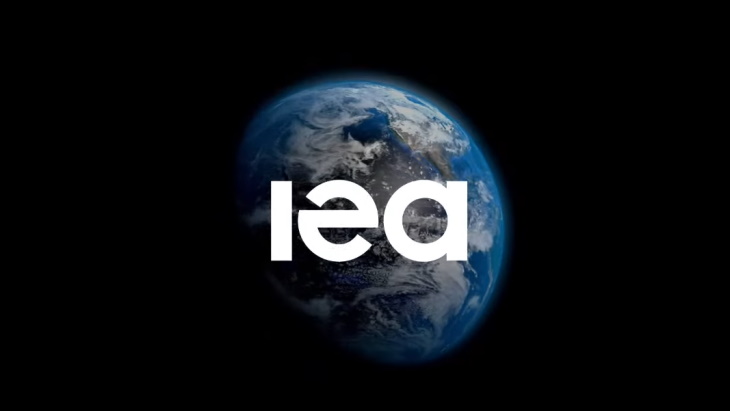The Paris-based agency billed its Clean Energy Transitions Summit 2020 as the year's largest global gathering on energy and climate, welcoming 40 ministerial participants from around the world with the livestreamed event watched by an audience of more than 500,000.
UN Secretary-General António Guterres said in a special address to the conference that countries are making far-reaching decisions as they channel trillions of dollars of public money into recovery strategies in response to the pandemic.
"As we design these recovery plans, we can make a choice. We can go back to where we were - or we can invest in a better, more sustainable future," he said. He urged all leaders to choose the "clean energy" route for reasons of health, science and economics.
Governments and business are having to respond to the immediate and acute challenge of the coronavirus, but the climate crisis has not taken any time off, COP26 President and UK Secretary of State for Business, Energy and Industrial Strategy Alok Sharma said. He called on all countries to be more ambitious in their climate plans ahead of the next round of climate talks that has had to been postponed by one year to November 2021.
"With the power sector now counting for a quarter of all global emissions, the clean energy transition is central to tackling climate change," he said, adding that IEA analysis showed the global transition towards decarbonisation needs to move four times faster than it is now to meet the goals of the Paris Agreement. "Ahead of COP26, we must continue to work together to make progress even faster, lowering carbon emissions, cutting energy costs, raising people's quality of life and creating new jobs and opportunities across the world," he said.
Nuclear role 'indisputable'
Speaking in a panel discussion on Electricity Security and Sustainability, International Atomic Energy Agency (IAEA) Director General Rafael Mariano Grossi said there was no "one size fits all" energy solution but nuclear energy "indisputably" has a place at the table.
"As a science and technology-based organisation we base all our perspectives and facts on science," he said, "and the fact of matter is that nuclear power has a great deal to contribute as part of clean, resilient, inclusive energy systems."
Nuclear power is not the promise of clean low-carbon energy at some point in the future, he said. It is already contributing massively, with over 55 gigatonnes of CO2 emissions avoided to date because of nuclear's contribution.
Nuclear power plants contribute to electricity security in multiple ways, including by helping to keep power grids stable with the ability to adjust plant output to follow demand and help limit the impacts of seasonal fluctuations in renewable energy output, he said.
Looking ahead, nuclear energy is at the vanguard of technology and evolution through developments like small modular reactors, which could be very useful for emerging economies and could also contribute to future hydrogen production without the emission of greenhouse gases, he said.
"We at the IAEA celebrate and welcome a constructive and open dialogue based on facts and not on ideologies or simply aspirational ideas," he said. "Nuclear energy has a lot to contribute for those choosing it as a source of energy ... The IAEA was present at COP25 and we intend to be there [at COP26] to contribute as an active participant," he added.
EDF CEO Jean-Bernard Lévy told the same panel that all technologies would need to be mobilised to restart economies as well as achieve carbon neutrality, and that these must include nuclear. This had already been confirmed in comprehensive studies, notably by the Intergovernmental Panel on Climate Change and the IEA, he said.
Upholding the Paris accord would mean huge and deep electrification of economies, doubling electricity demand by 2050 in Europe alone. Renewables would play a key role in this, he said, but with nuclear at any less than its current levels in the bloc, the goal would be far from achievable. Grid resilience is also a matter that must be addressed, he added.
"In reality, our only option is to leverage the complementarity of energy efficiency, renewable sources and nuclear power. In practical terms, this requires establishing a level playing field for all technologies," he said. "We need better access to financing that will include a taxonomy that is based on facts and science, not on ideology."





_30199.jpg)
_72306.jpg)

_49562.jpg)





